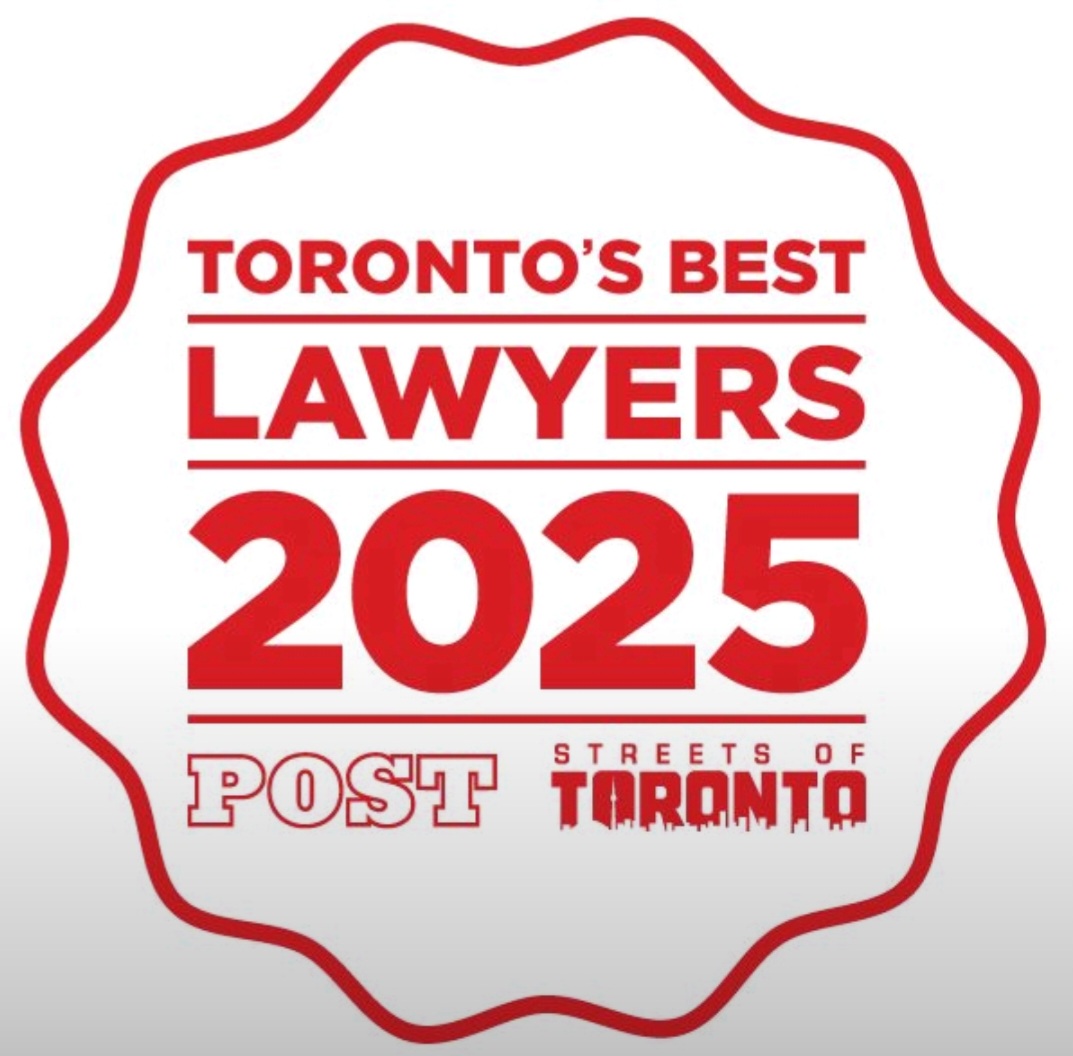Guardianship in Ontario (under the Substitute Decisions Act, 1992 – SDA) involves court-appointed guardians for mentally incapable adults’ personal care or property. PoA refers to powers of attorney for property or personal care, which are pre-planned alternatives to avoid guardianship.
At Bobila Walker Law LLP, we are dedicated to providing compassionate and specialized legal support for guardianship and power of attorney (PoA) matters in Toronto and the Greater Toronto Area (GTA). With a client-centered approach and deep knowledge of Ontario’s Substitute Decisions Act, 1992, our experienced team, led by Daniel Walker, navigates complex issues like contested guardianship, capacity disputes, and PoA arrangements with precision. Serving clients across Toronto, Markham, Mississauga, Richmond Hill, and beyond, we tailor solutions to protect vulnerable individuals and ensure effective estate planning.
Top Questions on Power of Attorney Matters
- How do I get power of attorney for my parent/spouse in Ontario? You need the person (grantor) to have mental capacity to sign a PoA document. Use free government forms from Ontario.ca (e.g., Form 1 for continuing PoA for property). It must be signed with two witnesses (not the attorney). No court approval needed unless contested. Register property PoAs with the OPGT if over $1,000 in assets.
- What is the difference between PoA for property and PoA for personal care? Property PoA handles finances (e.g., banking, selling assets) and can be “continuing” (lasts after incapacity). Personal care PoA covers health/ living decisions (e.g., medical treatment, residence) and only activates if the grantor is incapable. Both are under the SDA; personal care doesn’t require registration.
- Can I revoke or change a power of attorney in Ontario? Yes, if the grantor has capacity. They sign a revocation form (Ontario.ca Form 4) with witnesses and notify the attorney and institutions (e.g., banks). If incapable, court application is needed to remove an attorney for misconduct.
- What happens if there is no power of attorney when someone becomes mentally incapable? Family or the OPGT may apply to court for guardianship (a more expensive, litigious process). The OPGT acts as interim guardian if no one steps up. Costs: $1,000–$5,000+ for assessments and legal fees.
- Do I need a lawyer to set up a power of attorney in Ontario? No, but recommended for complex estates to avoid disputes. Free forms are available, but lawyers ensure validity (fees ~$200–$500). DIY risks invalidation if not witnessed properly.
- Can a power of attorney be used after death? No, PoA ends on death. Estates then follow wills or intestacy laws; executors take over.
- What are the duties of an attorney under PoA in Ontario? Act in the grantor’s best interest as a fiduciary (e.g., keep records, avoid conflicts). Misuse can lead to court removal, repayment, or charges under the SDA.
Top Questions on Guardianship Issues
-
How do I apply for guardianship of an incapable person in Ontario?
File a court application in the Ontario Superior Court of Justice with evidence of incapacity (e.g., a capacity assessment by a qualified professional). Include a management plan for property or care plan for personal decisions. Notify family and the OPGT. Uncontested cases take about 3–6 months. -
What is the difference between guardianship and power of attorney?
PoA is a voluntary arrangement made before incapacity, while guardianship is court-imposed after incapacity for those without a PoA. Guardians face stricter oversight, including annual reporting to the OPGT, and can be removed for breaches. -
Who can be appointed as a guardian in Ontario?
Any capable adult (e.g., family, professional) can be a guardian, but courts prioritize the incapable person’s wishes and the least restrictive option. The OPGT may act if no suitable candidate exists. Multiple guardians can be appointed (e.g., for property and care). -
What is a capacity assessment for guardianship?
A formal evaluation by a qualified professional (e.g., doctor or psychologist) confirming mental incapacity under the SDA. It’s required for guardianship applications but not for PoA if signed while the grantor is capable. -
Can guardianship be temporary or emergency in Ontario?
Yes, courts can grant interim orders for urgent needs (e.g., immediate medical decisions). Full guardianship follows if needed. -
What if family members disagree on guardianship?
The court decides based on the incapable person’s best interests. Mediation is encouraged to resolve disputes; otherwise, litigation may be required. The OPGT may intervene if necessary.
Overlapping Questions on PoA and Guardianship
-
When does PoA override guardianship, or vice versa?
A valid PoA takes precedence if it exists and the attorney is acting appropriately. If no PoA exists or the attorney is unfit, guardianship applies. Courts can intervene if abuse is suspected. -
How does elder abuse relate to PoA or guardianship?
Misuse of PoA (e.g., mismanaging assets) can lead to revocation and guardianship. Suspected abuse should be reported to the OPGT or police, with protections under the SDA for vulnerable adults. -
Are there free resources or forms for PoA/guardianship in Ontario?
Yes, Ontario.ca provides free forms and guides. The OPGT (1-800-366-0335) offers advice, and Community Legal Education Ontario (CLEO) provides resources for low-income individuals.
Bobila Walker Law LLP specializes in guardianship and power of attorney matters across the Greater Toronto Area (GTA). With knowledge in Ontario’s Substitute Decisions Act, 1992, their skilled lawyers, including Daniel Walker, handle complex cases like contested guardianship, capacity disputes, and PoA arrangements with compassion and precision. Serving clients in Toronto, Markham, Mississauga, and beyond, they offer tailored solutions for elder law and estate planning needs.






